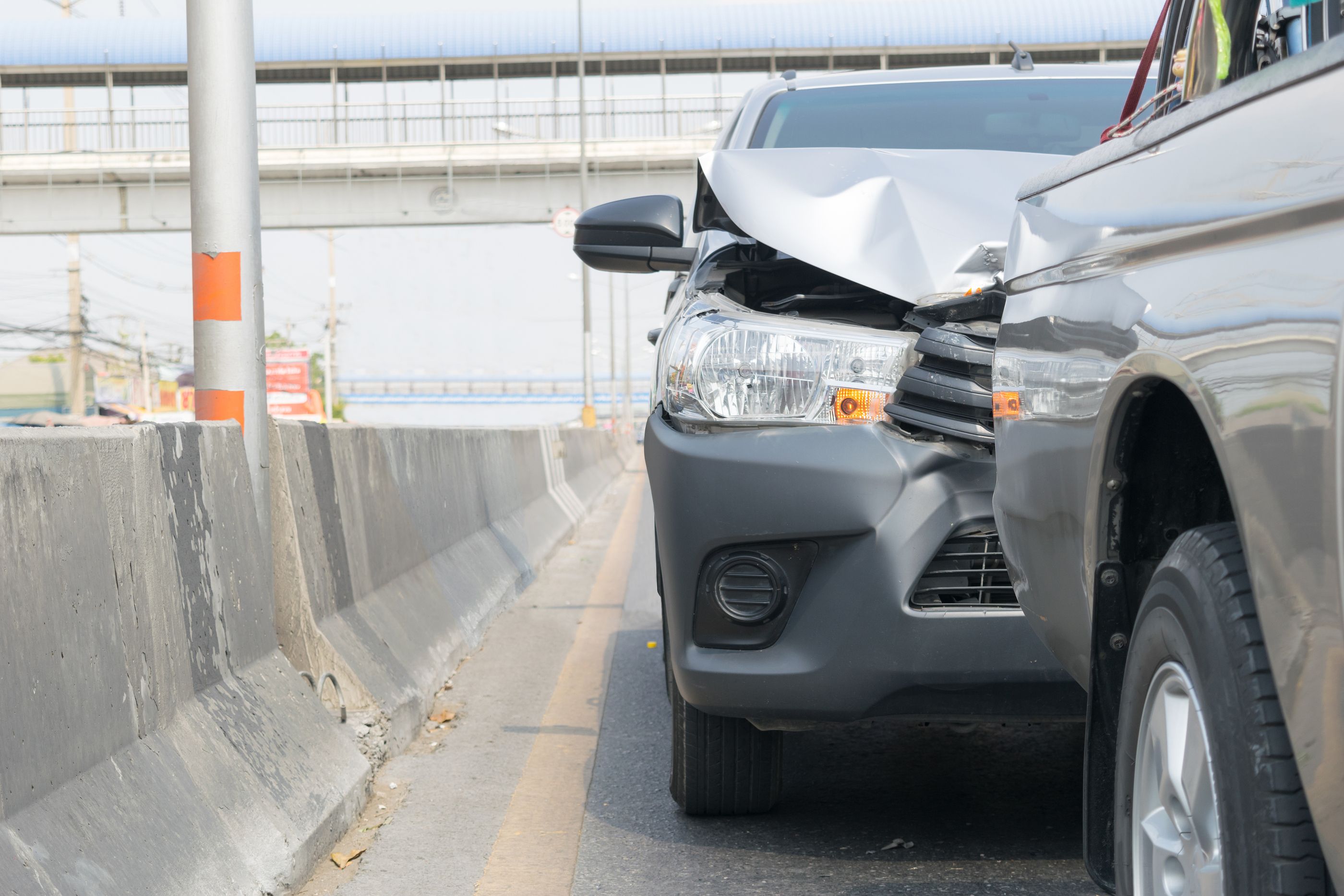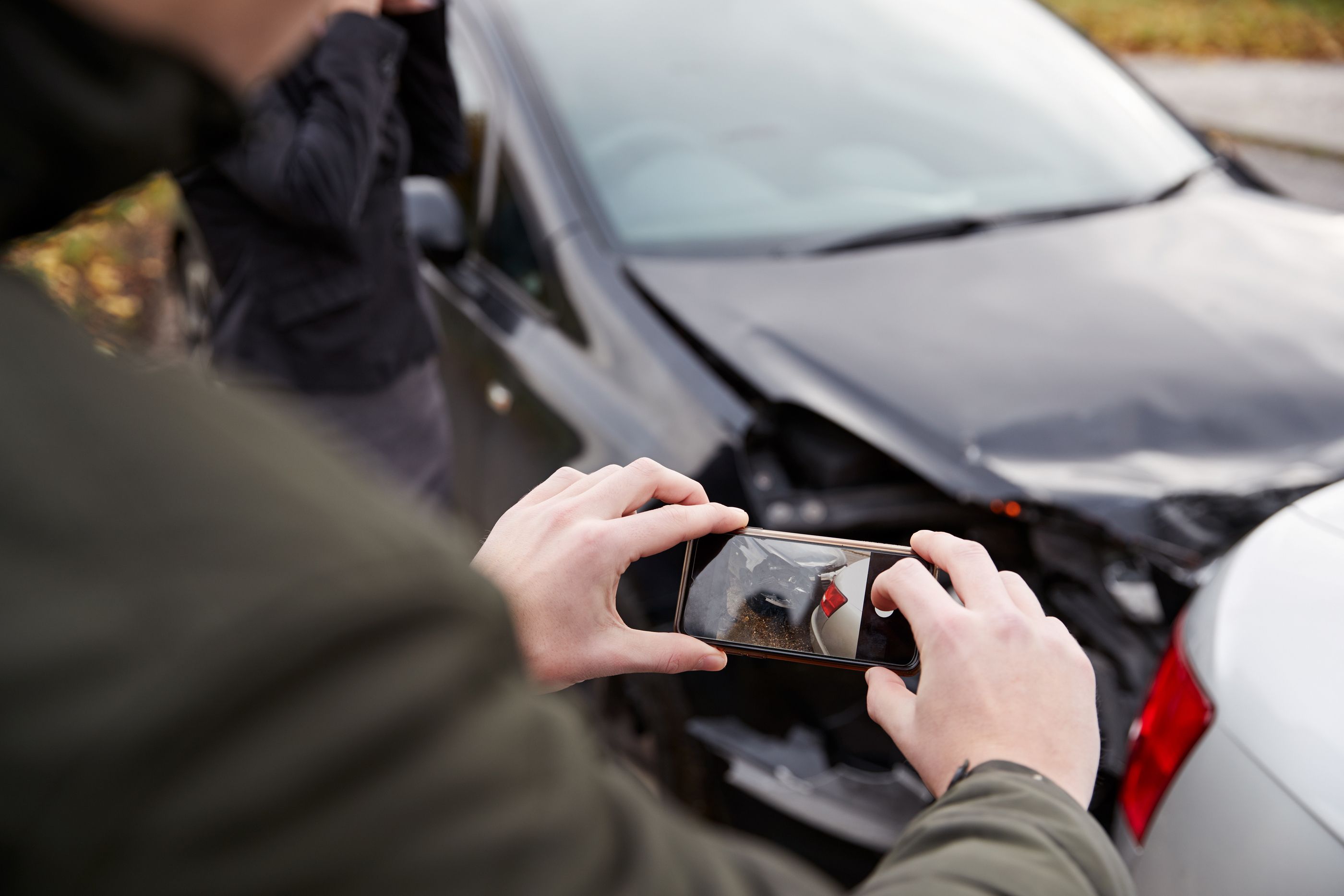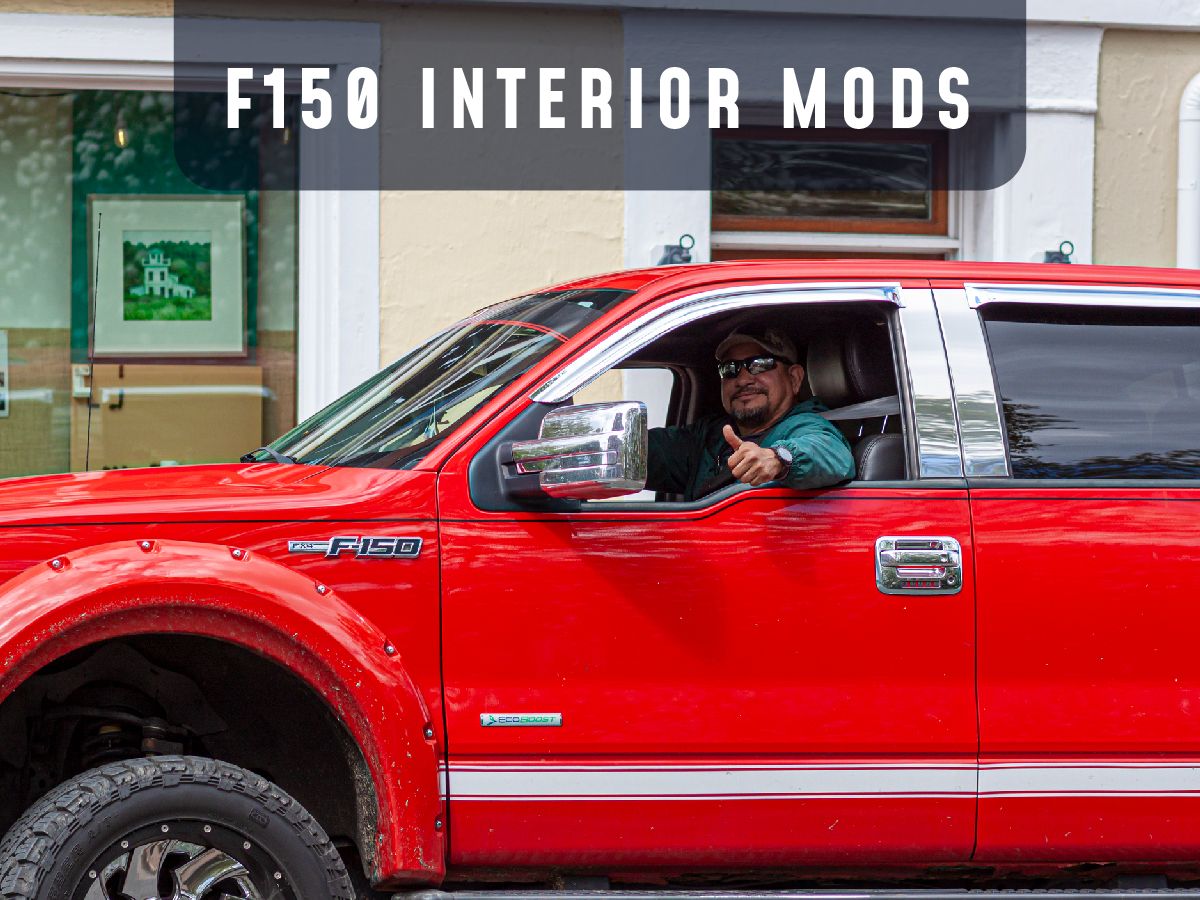If the collision was your fault, take a deep breath and remember that things like this happen every single day. It will be OK. If it was the other person's fault, think about how bad their day just got, about how they must be feeling, and try to remember to just stay calm. After all, getting angry will not resolve anything.
If you are ever involved in a car to car accident, here are seven simple steps to take in order to properly get through it

1. Stay at the scene, but pull over.
The last thing you want is for a small accident to be the cause of a much bigger and more damaging one. Therefore, if your car accident is blocking traffic, stay at the scene, but pull over to the side of the road, as long as it's safe to do so. The other drivers should do the same.
2. Get out of your vehicle.
Once you're safely out of traffic's way, turn your vehicle off, get out of the car, and go to the other driver. You'll both have to assess the damages and exchange the relevant information.
3. Make sure that everyone involved is alright.
Regardless of the circumstances, the most important thing in any car accident is everyone's safety. Once you have pulled over and are out of your vehicle, make sure that nobody involved has been severely injured. If anyone is in need of medical attention, call 911 immediately. It's important to remember that if anyone is experiencing back or neck pain, or is unconscious, they should not be moved. Instead, wait for the ambulance to arrive, as moving them could make things worse.
4. Call the Police
Every time a collision results in damage or injury, the police must be called. When the police arrive at the scene, you must be cooperative and answer any questions. However, what you don't want to do is to admit fault, or to blame the other driver. Just state the facts of the accident so that the police can objectively determine the cause, and who was at fault.
While in the event of a minor car accident, you're not really obligated to call the police, but you should know that including a police report along with your insurance claim will be a bonus. The more documentation you provide, the better. If the accident was clearly the other driver's fault, or if they don't have insurance, they'll probably want to avoid calling the police. In that case, it's up to you to decide what to do - as long as there wasn't significant damage that must be reported.
5. Write down the other driver's information.
You must not leave the scene of the accident without gathering the other driver's information. It's important that both parties involved cooperate with each other. Here is the information that you must write down:
- Driver's Name
- Number of passenger and their names
- Driver's license number
- Car's license plate number
- Vehicle's make, model, and year
- Insurance company name
- Insurance policy number
Other information that you'll also want to write down and include with your claim is the location of the accident, the contact information of any eyewitnesses, as well as the name and badge number of any police officers at the scene.

6. Take pictures of the damage.
If there is visible damage on your vehicle, take a picture of it as soon as possible. Photographs will be part of the documentation that you provide when filing your insurance claim, and will help in determining the amount that you're compensated for. Be sure to also include any photographs that you may have of your car before the accident. These will serve as a comparison proving the extent of the damage resulting from the accident.
7. Call your insurance company and file a claim.
Once you have assessed the damages and have exchanged the necessary information with the other driver, you must call your car insurance company to report a claim. You'll tell them what happened, and they'll tell you how to proceed. You'll have to submit all the relevant documentation, including forms, the information gathered from the other driver, pictures, eyewitness information, receipts and police reports. Once that's done, you have nothing left to do but wait and let your insurance company handle it. They'll contact the other person's insurance, negotiate, and agree on a settlement.
What Types of Damages Can You Collect?
You should also be aware of the different types of damages that you can be compensated for in the event of a car accident. These include:
- Any vehicle damage sustained in the accident.
- Personal property damage, such as your laptop falling and breaking as a result of the collision
- Any out-of-pocket expenses, such as the towing of your car or the cost of a rental car while your vehicle is being repaired
- Any medical expenses. Note that accidents that result in personal injury to a person are more serious. If you are injured and have to receive medical treatment, you'll want to include it in your claim. However, be sure to contact a licensed attorney for advice before settling to ensure that you receive proper compensation.
- If the accident was so serious that medical treatment was necessary, you can also claim emotional distress.
- Any lost wages. If you have to miss work as a result of the accident or due to personal injury sustained in the crash and you therefore lose wages, you are entitled to also seek compensation for that.
When filing your claim, remember that the insurance company needs proof of everything you are seeking compensation for, as they won't just take your word for it. Be sure to include receipts, photographs, medical forms, or any other proof you have.
Invest in a Dash Cam
One of the best ways to provide proof of the circumstances and resulting damage of an accident is with video recorded by a dash cam. A dash cam provides a number of potential benefits, but the proof of fault it can show is the primary reason that more and more drivers are purchasing and installing dash cams in their personal vehicles. Dashboard cameras show real-time footage of your entire trip, so if you do happen to have the unfortunate luck of getting into an accident and it's not your fault, the dash cam footage will prove that, and can be used as evidence if needed. The small investment of a dashboard camera could pay off big in the long run, saving you time, money, and aggravation when dealing with the aftermath of an accident.








